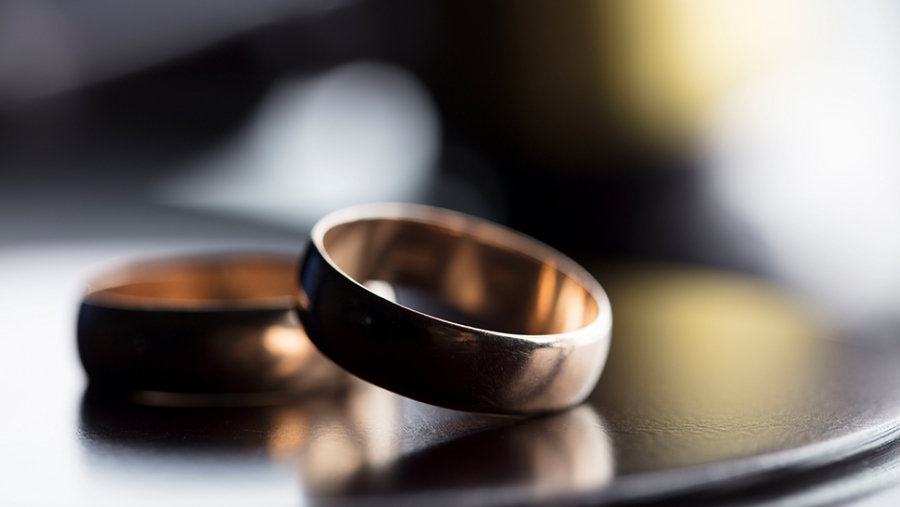

For many divorcing couples this is a real concern. If you have received or are due to receive an inheritance you probably won’t want it included in the matrimonial ‘pot’ to be shared.
So how is inheritance dealt with by the family courts? Firstly, it is important to stress that every case is different and will turn on its own facts. Plus, the family court judges famously have judicial discretion and can make an order that may involve sharing inherited assets if they think it is fair and reasonable to do so. The sharing principle in the case of White v White, an important precedent for family law cases, established that inherited assets would become important if there were insufficient joint, or ‘matrimonial assets’, to meet the other party’s needs.
The extent to which future inheritance or family wealth should be taken into account when determining a fair distribution of the matrimonial assets will depend on the wider context of the facts of the case. Important considerations include, but are not limited to, the length of the marriage, whether inheritance was intermingled with matrimonial assets during the marriage, and whether the parties’ needs can be met without including the inheritance.
What can you do to protect your inheritance? It is more likely to be kept out of the matrimonial pot if it is kept separate and not intermingled with other joint assets. If inheritance is anticipated in the future then it is important to get a financial settlement agreed at the time of divorce to prevent future financial claims. Consider a prenuptial or postnuptial agreement that sets out both parties’ intentions regarding inherited property.
For more information and an initial free half hour consultation we’re here to help. Contact the family law team at Harrison Clark Rickerbys. Email [email protected] or telephone 01989 562377.










